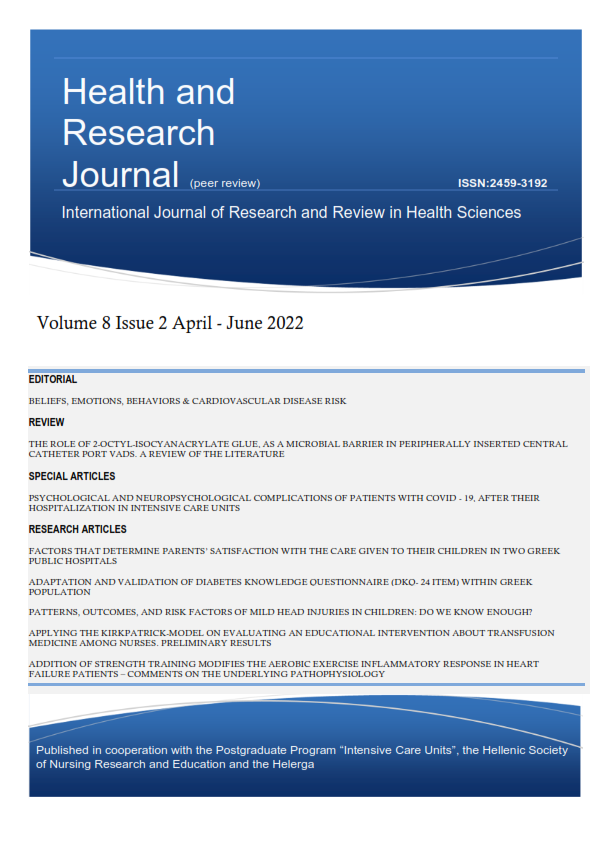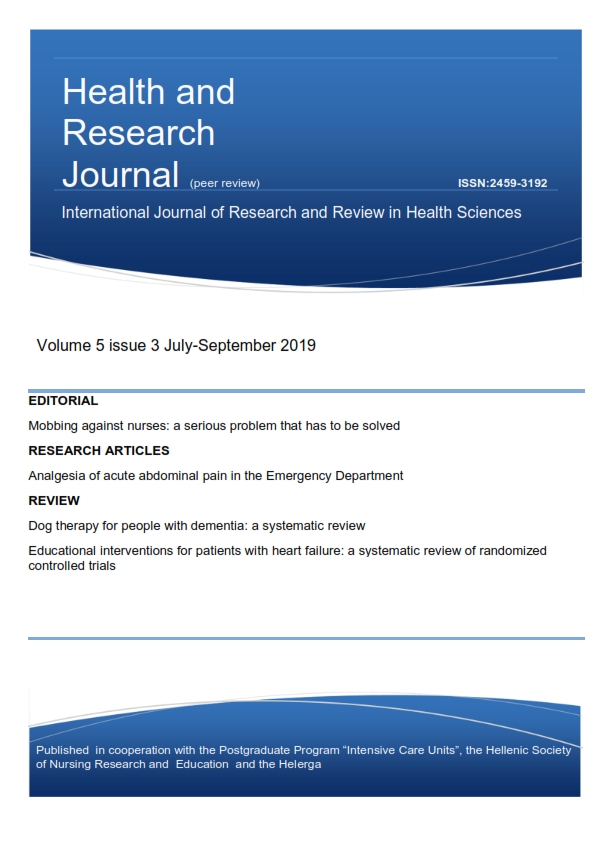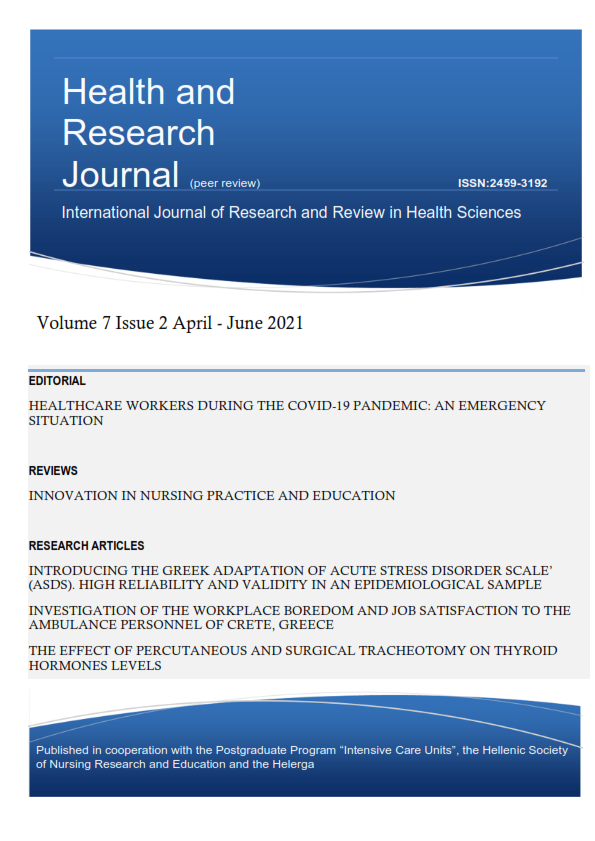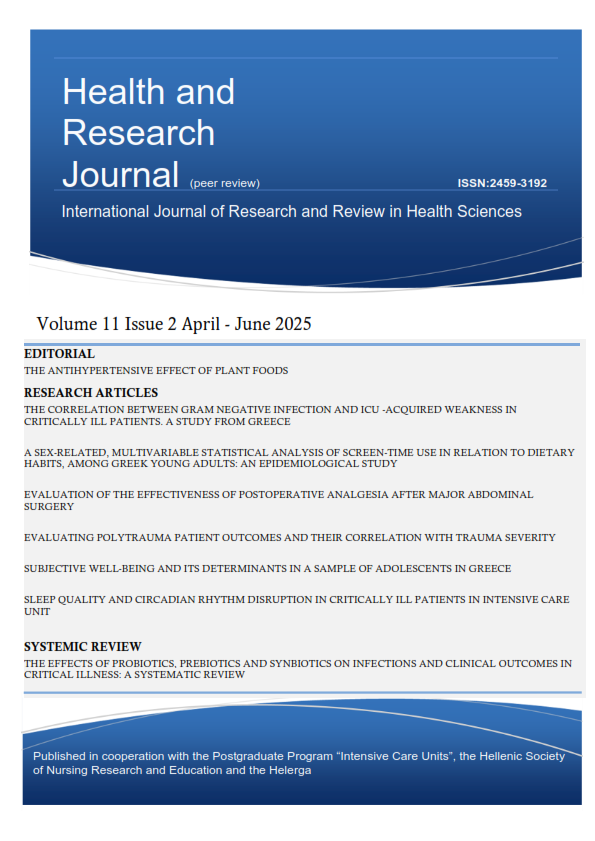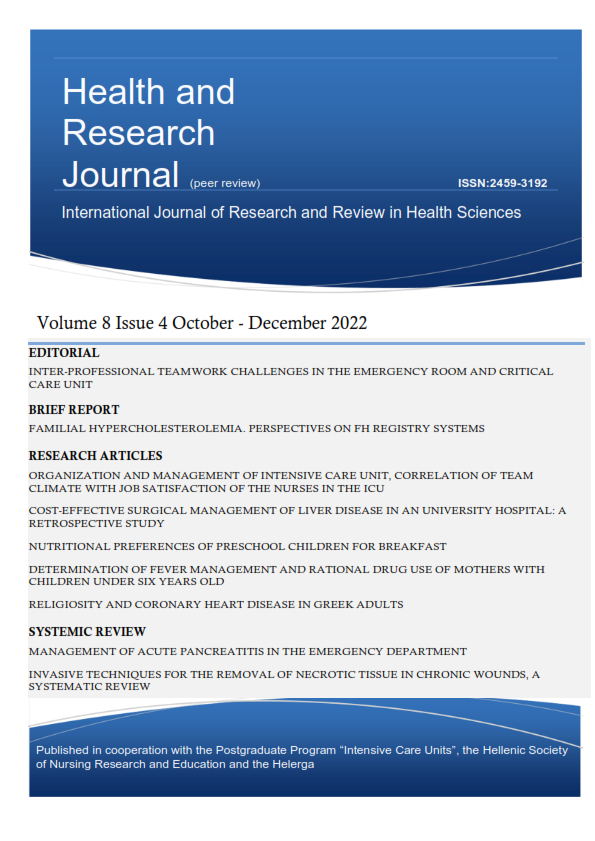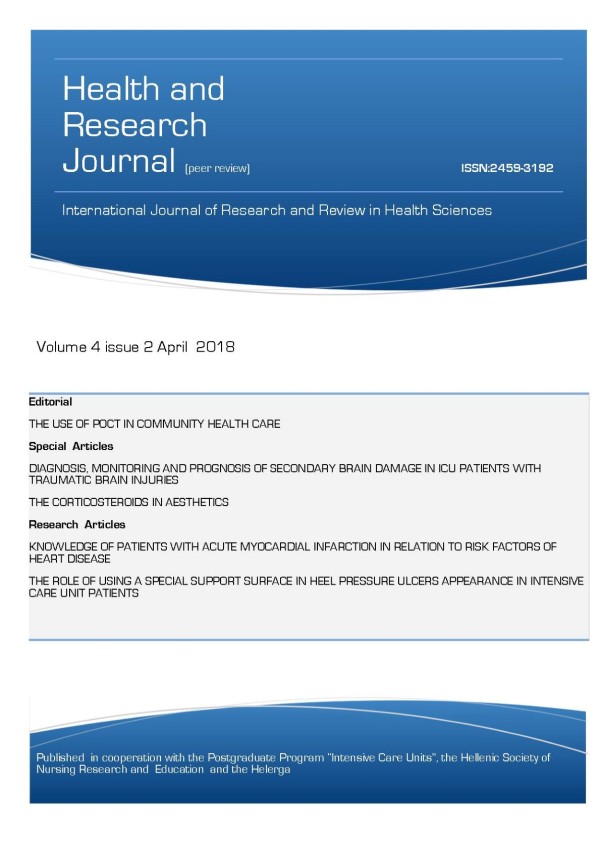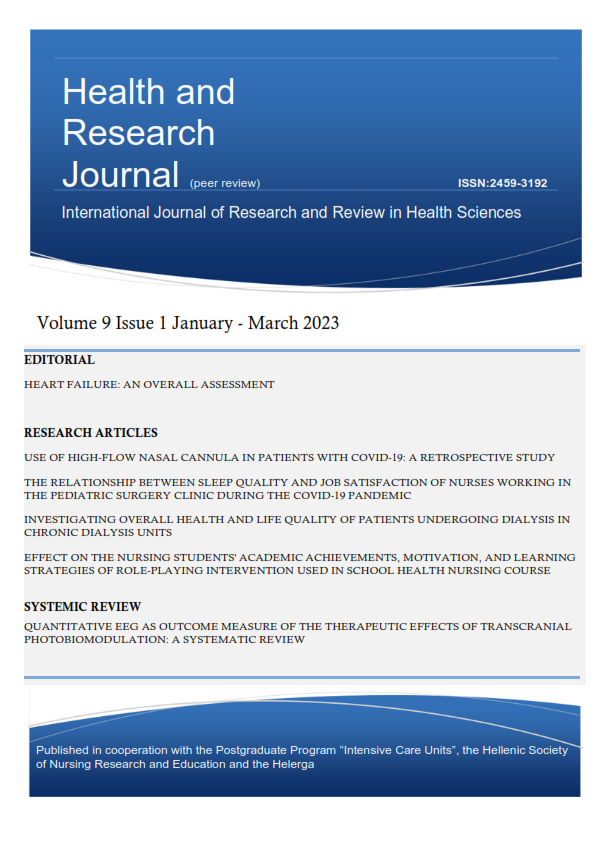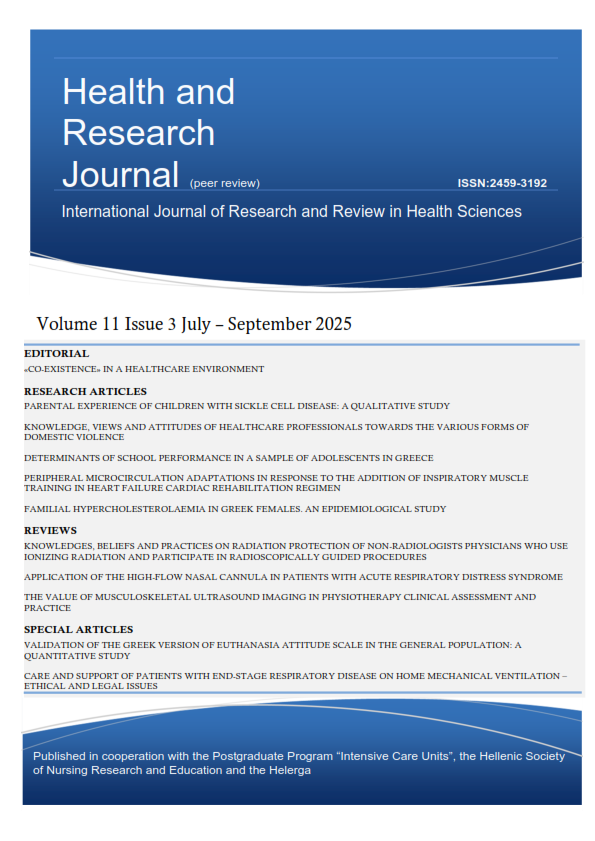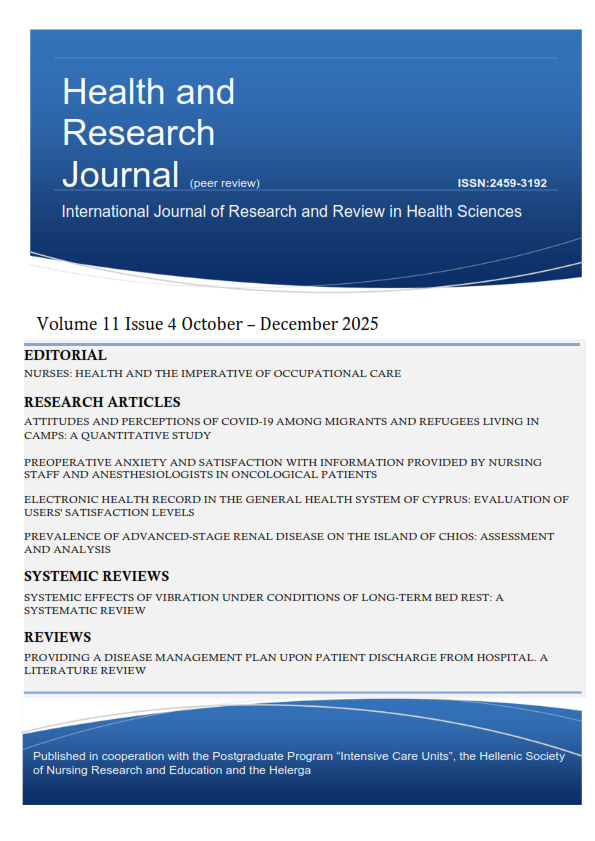Leadership styles and job satisfaction of nursing staff in a peripheral general hospital in Greece: a survey
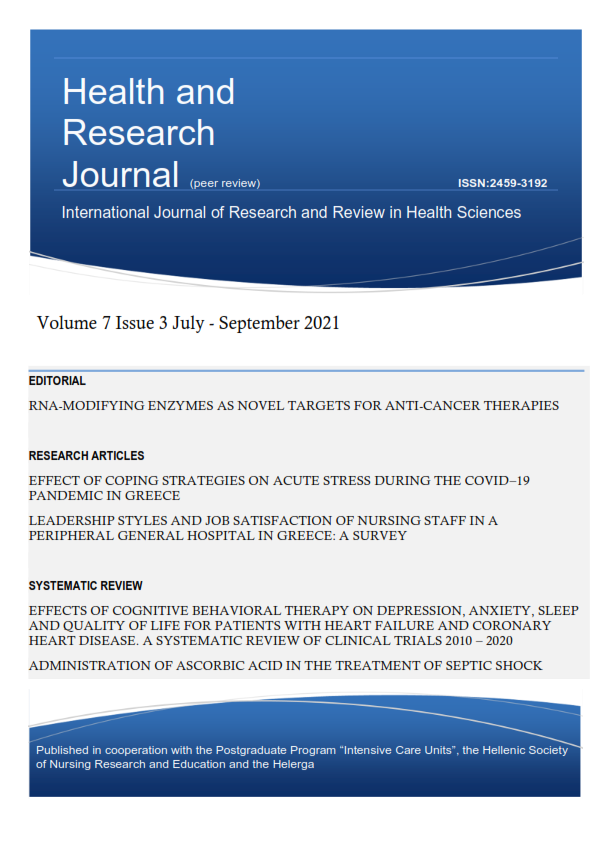
Abstract
Background: Over time, the working conditions in hospitals are becoming more and more demanding and the nursing staff is every day called to cope with them. In this context, the effective administration by the leading executives of the Nursing Directorate plays an important role in both guiding and motivating the staff to achieve the goals as well as to improve job satisfaction in general. The aim of the present study was to explore the prevailing leadership style applied in a General Hospital, from the perspective of the nursing staff, as well as the level of job satisfaction of the nurses who serve in the organisation.
Method and Material: In the period January 2020-February 2020, a survey was conducted at the General Hospital of Corfu using a questionnaire (Multifactor Leadership Questionnaire and Job Satisfaction Survey) in a random sample of 180 nurses from which 138 fully completed the questionnaire (76% response rate). Data analysis was performed by using the statistical package SPSS ver. 21.0.
Results: The average value of the Transformational and Transactional leadership styles is 3.4 while that of the Passive leadership is significantly lower (2.3 average value). Moreover, the nursing staff expressed a high level of satisfaction with the supervision and the chief nurse, with its relations with the colleagues and with the nature of the work, while its dissatisfaction was mainly expressed when it comes to "Working Conditions", "Promotion", "Privileges-Benefits" and "Salary". The Transformational and Transactional leadership styles were positively related to satisfaction with the promotion (r = 0.22), with the supervision by the chief nurse (r = 0.63 and r = 0, 40 respectively) and with the nature of the work (r = 0.25 and r = 0.18 respectively). Transformational style was also positively related to the potential rewards (r = 0.18) and the relationship with colleagues (r = 0.22). Finally, the Passive leadership style was positively related to the satisfaction with the salary (r = 0.32), with the promotion (r = 0.27) and with the privileges-benefits (r = 0.41).
Conclusions: The nursing staff considered that the current leadership style involves a combination of elements of the Transformational and Transactional leadership styles. As for the job satisfaction of the staff, it ranged at moderate levels. There is an urgent need for further research related to job satisfaction which can be boosted by the implementation of incentive policies and training programmes for the nurse administrators in the new forms of administration by the Nursing Directorate.
Article Details
- How to Cite
-
Moumouri, S., Intas, G., Sarafis, P., Nikoletzos, A., Triantafilloudis, I., Bourantonis, D., & Stergiannis, P. (2021). Leadership styles and job satisfaction of nursing staff in a peripheral general hospital in Greece: a survey. Health & Research Journal, 7(3), 109–122. https://doi.org/10.12681/healthresj.27566
- Section
- Original Articles
Copyright notice:
Authors retain copyright of their work and grant the Health and Research Journal the right of first publication.
License:
Articles are published under the Creative Commons Attribution 4.0 International License (CC BY 4.0). This license permits use, sharing, adaptation, distribution, and reproduction in any medium or format, including for commercial purposes, provided that appropriate credit is given to the author(s) and the original publication in this journal, a link to the license is provided, and any changes are indicated.
Attribution requirement:
Any reuse must include the article citation and DOI (where available), and indicate if changes were made.



